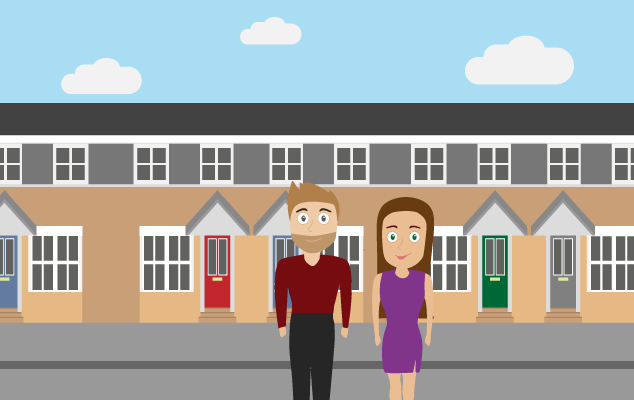Bankruptcy is a form of insolvency which allows you to deal with debts you can no longer manage. It is most suitable for those with minimal assets and who cannot make minimum payments towards creditors.
Bankruptcy can provide a fresh start especially if you cannot afford to make monthly contributions to your unsecured creditors and you minimal assets. Your household possessions and certain “tools of trade” are excluded from bankruptcy. You will get your discharge 12 months after the date of your bankruptcy order (unless you do not co-operate with your Trustee as your discharge can be suspended).
A Trustee in Bankruptcy has the responsibility to turn the assets which are not excluded into cash. This could take several years especially if you have a property with equity. So even though you get your discharge after 12 months, the tasks of the Trustee will continue. This will include agreeing for you to make monthly contributions for a period of 3 years if you have surplus funds after taking into account your reasonable costs of living.
Bankruptcy only covers unsecured debt such as credit cards, loans, arrears of council tax and utilities, revenue debt including overpaid tax credits and shortfalls on properties that have been sold. Certain debts are not covered by Bankruptcy including matrimonial debts, student loans and court or criminal fines.
What does it cost?
The fee charged for going bankrupt is £680. This fee consists of a £130 adjudicator fee, and a £550 bankruptcy deposit.
How do I apply?
Traditionally, an application for bankruptcy would be submitted through the courts. However, from the 6th April 2016 applications are now submitted online and do not involve the courts. This is something that you can do easily yourself, but there are charities and free-to-client debt solution providers who can assist you if needed. Alternatively, we can help you complete your online application and guide you through the process.
How will Bankruptcy affect me?
Bankruptcy can have an impact on your life for a long period and generally people entering Bankruptcy will be subject to the following limitations during the period of the Bankruptcy order.
- Assets you own which are not excluded from bankruptcy will have to be sold and the funds paid into your bankruptcy. This includes any equity you own in a property or your car where the value is above £1,000 and your car is not classified as a tool of trade.
- Surplus income after taking into account your reasonable costs of living has to be paid to your Trustee for a period of 3 years. This continues even though you get your discharge as explained below.
- You are automatically discharged from bankruptcy 12 months after the bankruptcy order. The automatic discharge can be suspended if you fail to co-operate with your Trustee. The discharge does not stop your Trustee from dealing with your assets and collecting monthly income contributions.
- You will be unable to act as a director of a company or be involved in running a company without a courts permission
- You can face further action in the form of Bankruptcy Restriction Order “BRO” if it is found that you have incurred your debt in a reckless or fraudulent way.
- Bankruptcy and particularly a BRO could prevent you from working in particular industries particularly financial services which are regulated.
- Your details will be on a searchable register, Individual Insolvency Register for a period of 6 years and this is likely to prevent you from accessing credit. You will be unable to get credit of £500.00 or more without telling the lender that you are a bankrupt. This only lasts until you get your discharge.
If you find you need some help with budgeting or are worrying about problem debt, get in touch. Problem debt is debt where the monthly repayments are eating into the money you need to live on. There a range of solutions to help you deal with such debt and could include an IVA which can allow you to *write off debt which you cannot repay.
The Debt Advisor can help you set up an IVA. We will review your circumstances and offer advice on all options that might suit your needs. We will also explain how the fees are paid out of your contributions.
All debt solutions need to be carefully considered. IVA’s are formal solutions and failure to keep to the terms can result in your IVA failing and you could end up bankrupt.
There is also free debt help and advice available through a variety of debt charities. For more information, we recommend you visit www.moneyadviceservice.org.uk.
The Debt Advisor is Authorised and regulated by The Financial Conduct Authority (reg no: 606669).
*You would only write off debts if your IVA was successfully completed.

